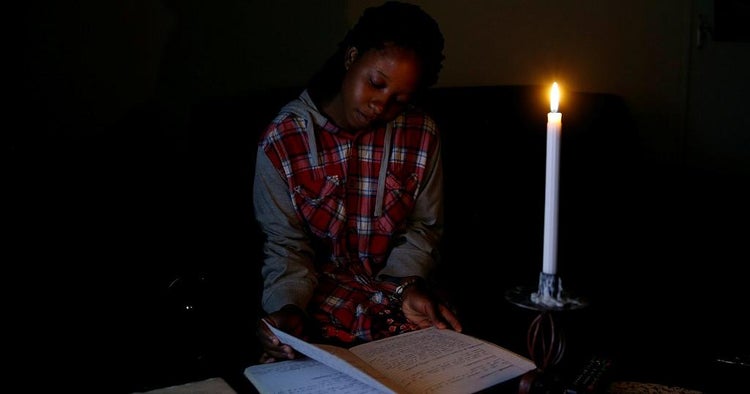By Mapozho Saruchera
From time immemorial, individuals that have been able to proffer solutions to challenges facing society have made a fortune for themselves. It is also important to note that solving your own problems sometimes save you money which therefore translate to accumulation of wealth albeit at a slower rate.
Energy shortage is one of the challenges facing the world today. Our modern life is built on energy, which lights our cities, drive our transport systems, run life support systems in our medical facilities and keep us connected through communication devices. However, for political expediency, some opposition figures in Zimbabwe have been quick to insinuate that the shortage of electricity was a result of Government failure, as if it an issue peculiar to the Southern African nation.
A lot has been written on how the decrease in water at lack Kariba exacerbated power shortages in Zimbabwe, hence there is no need to dwell on that. It is however, important to point out here that Government has made strides in attracting investments into the energy sector with a number of solar power generation projects now at an advanced stage.
However, leaving power generation to Government and the private sector only might not see Zimbabwe being energy sufficient soon enough; as the country’s total energy needs keep on increasing with every new economic project that is launched. This therefore creates opportunities for ordinary citizens to become players in the energy sector.
To begin with, it is possible for a household to meet its lighting and entertainment power needs through instillation of a solar system. This will also translate to savings as the bulk of the costs involved are fixed save for batteries that need changing from time to time. Contrary to the widely held notion that the cost of setting up such a system is prohibitive, a home solar power system can begin small and be extended as funds permit. To add to that, Government in 2017 removed duty on all imported solar kits which should make importing such kits reasonable for those with free funds.
In some countries, well-resourced people have installed home solar systems big enough to feed power to the national grid. Such systems do not need batteries as the house concerned will draw power from the national grid when not generating. At the end of the month the power company will calculate the difference between power generated and drawn from the grid and in the event that that house generated more power – the owner gets paid! Such systems can be implemented in Zimbabwe and generate income for a significant number of households.
Closely related to the above, instillation of solar systems has potential to reduce demand on the national grid. This will see more power being availed for production purposes thereby reducing the price of goods produced.
The demand in solar panels created by the shortage of electricity can be used by Government as a way of attracting investment into their local manufacturing or assembly. This will see the price of solar panels dropping significantly and also create employment. The locally manufactured solar panels can also be exported into the region, thereby earning the much-needed foreign currency for the nation.
The most perceptive Zimbabweans are already big players in the liquid petroleum gas market – they saw a challenge, provided a solution and are forever smiling all the way to the bank.
The above scenarios serve to show that not every problem bedeviling Zimbabwe needs political solutions as some politicians have always said. Sometimes it only takes a united people with a shared vision and the zeal to take their motherland forward to dig themselves out of any situation and make money while doing it.




